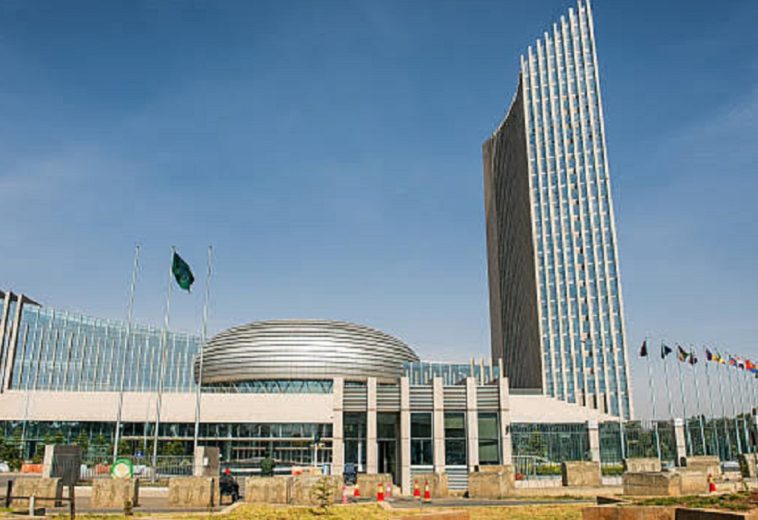Rural communities in Africa are heavily dependent on agriculture, which significantly contributes to the continent’s overall GDP and accounts for over 60 per cent of employment. This reliance places the continent at the mercy of climate fluctuations such as erratic rainfall, prolonged droughts, and rising temperatures, all of which disrupt traditional farming practices. The Sahel region is particularly affected, with countries like Niger, Mali, and Nigeria currently facing increased food insecurity.
Access to clean drinking water has also become a pressing issue in the region. Many rural communities depend on surface water sources such as rivers and lakes, but these are increasingly threatened by prolonged droughts and changing precipitation patterns caused by global warming. This water scarcity not only impacts drinking water supplies but also reduces water for irrigation, further straining agricultural productivity. Women and children are often the most affected by this reduction in water, as they spend more time fetching water, detracting from education and income-generating activities.
Climate change has also severely affected health in rural Africa. Contaminated water sources are major vectors for communicable diseases, while rising temperatures and changing weather patterns have contributed to the spread of vector-borne diseases such as malaria and dengue fever. Additionally, the stress of climate-induced migration contributes to mental health issues, with the loss of livelihoods, displacement, and competition for resources leading to anxiety, depression, and a sense of hopelessness. These factors increase morbidity and mortality rates in these communities.
One significant consequence of climate change is the migration of people from rural areas to urban centres. Projections estimate that climate change could drive the migration of 86 million people within and from Africa, accounting for more than half of the global migration projection. This internal displacement leads to overcrowded urban areas, further straining already limited resources and infrastructure.
While many migrants are in search of better living conditions, the journey exposes them to significant risks, particularly in conflict regions. Women and children are especially vulnerable to human traffickers and smugglers, while others may fall into the hands of opposing groups or terrorists. Irregular migration also poses challenges for those left behind, as traditional community structures can be disrupted, leading to a loss of cultural identity and social cohesion.
Despite these challenges, African communities are adopting measures to mitigate the effects of climate change. Local farmers are increasingly turning to climate-smart agricultural practices, such as drought-resistant crops, agroforestry, and improved irrigation techniques. Efforts to reduce carbon emissions, such as advocacy against bush burning, are also being promoted.
Community-based organisations are playing an active role in raising awareness and facilitating access to resources for climate adaptation. Governments and NGOs are investing in capacity-building initiatives to empower rural communities to respond effectively to climate impacts. These initiatives focus on promoting food security and conserving vital soil and water resources.
International cooperation and robust policy frameworks are essential to supporting rural communities in Africa. Investments in infrastructure, technology, and education are critical for enhancing resilience. Addressing underlying socio-economic inequalities within Africa is also crucial to ensuring that vulnerable communities are equipped to cope with the effects of climate change.
The impacts of climate change on rural communities in Africa are profound and multifaceted, posing significant challenges to livelihoods, health, and social stability. However, through local resilience, adaptive strategies, and supportive policies, these communities can navigate the complexities of a changing climate. The world must recognise and respond to the unique needs of rural Africa, ensuring that these communities are not left behind in the global fight against climate change. Only through collective efforts can we foster a sustainable future that honours both people and the planet.




